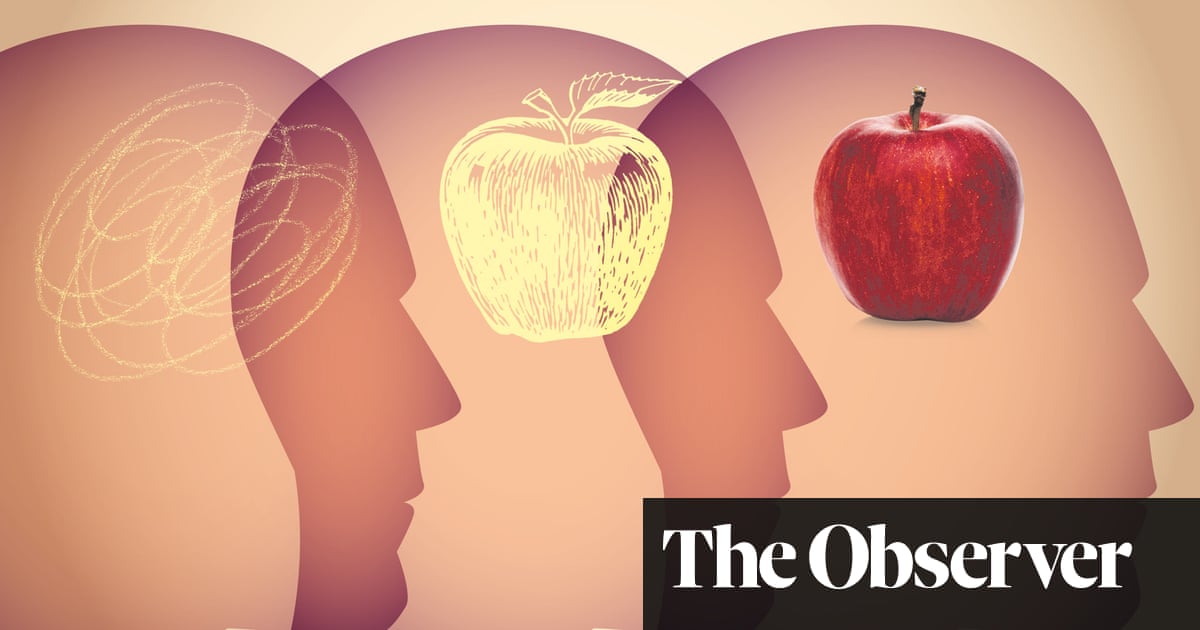‘Like a film in my mind’: hyperphantasia and the quest to understand vivid imaginations

🌈 Abstract
The article discusses the phenomenon of hyperphantasia, which is an intense and detailed form of visual imagination. It explores the experiences of people with hyperphantasia, the scientific research on this condition, and its potential implications for creativity, memory, and mental health.
🙋 Q&A
[01] William Blake's Imagination
1. What was unique about William Blake's creative process?
- William Blake's imagination was so intense that he could create detailed artworks without much reference to the physical world.
- He would wait until the "spirit" of the historical or mythical figures he was drawing appeared in his mind's eye, and then he could sketch them as if a real person were sitting before him.
- However, these imaginary figures could sometimes act temperamentally, frustrating Blake when they changed posture or left the scene entirely.
2. How does Blake's experience relate to the concept of hyperphantasia?
- Blake's ability to vividly imagine and depict detailed figures is thought to reflect a condition known as hyperphantasia.
- Hyperphantasia is a form of neurodiversity that involves an exceptionally vivid and detailed "mind's eye" or visual imagination.
[02] Hyperphantasia and the Spectrum of Visual Imagery
1. What is the Vividness of Visual Imagery Questionnaire (VVIQ)?
- The VVIQ is a tool used by researchers to identify where people lie on the spectrum of visual imagery, from aphantasia (lack of a mind's eye) to hyperphantasia (extremely vivid mental imagery).
- The questionnaire asks participants to visualize a series of scenarios and rate the level of detail they "see" on a 5-point scale.
- Most people score around 55-60 on the VVIQ, while around 1% have extreme aphantasia (score of 16) and 3% have extreme hyperphantasia (score of 80).
2. What are some of the key findings about hyperphantasia from research?
- People with hyperphantasia can have an extremely immersive and emotional experience with their mental imagery, sometimes even merging it with their view of the physical world.
- Hyperphantasia seems to be more common in creative professions, while aphantasia is more common in STEM fields.
- Hyperphantasic individuals often have exceptionally vivid autobiographical memories, recalling even small details from past experiences.
- Neurological research suggests hyperphantasia may involve greater connectivity between the prefrontal cortex and visual processing areas of the brain.
[03] Implications of Hyperphantasia
1. How can hyperphantasia affect people's experiences and abilities?
- Hyperphantasia can influence career choices, with people drawn to creative professions that allow them to leverage their vivid mental imagery.
- It can also affect how people consume and experience art, with novels becoming a "cinematic experience" and film adaptations sometimes failing to match the reader's mental vision.
- Hyperphantasia may be linked to enhanced autobiographical memory, allowing people to recall past experiences in great detail.
2. What are the potential implications of hyperphantasia for mental health?
- Researchers are investigating how hyperphantasia may affect the symptoms of mental illnesses like anxiety, PTSD, and schizophrenia.
- Vivid memories of upsetting events could worsen symptoms of anxiety or PTSD, while hyperphantasia may lead to more vivid hallucinations in those at risk of psychosis.
- However, the research also suggests that as long as someone can distinguish reality from their mental imagery, hyperphantasia alone does not necessarily increase the risk of psychosis.
Shared by Daniel Chen ·
© 2024 NewMotor Inc.